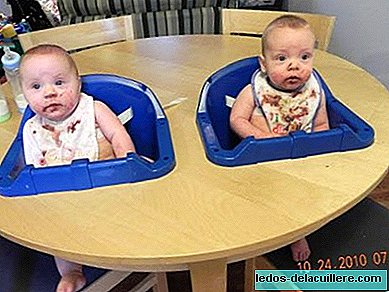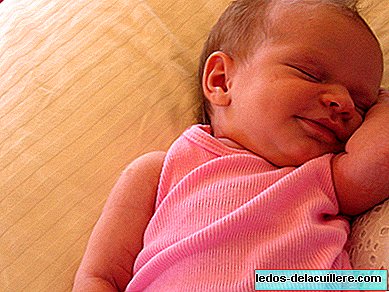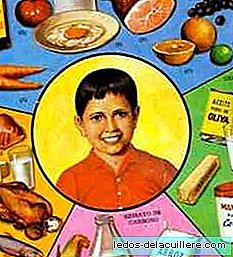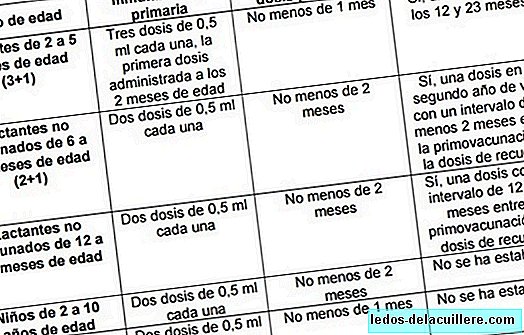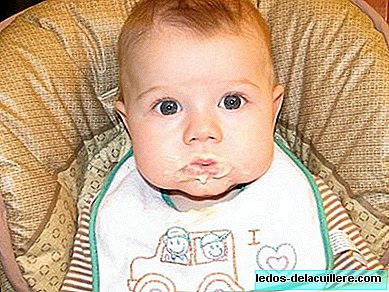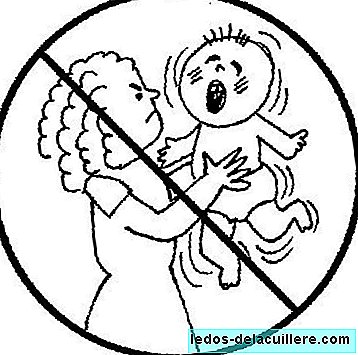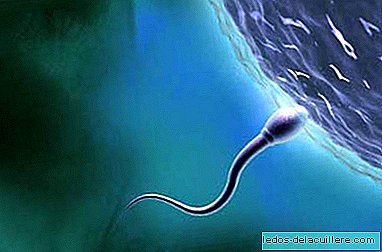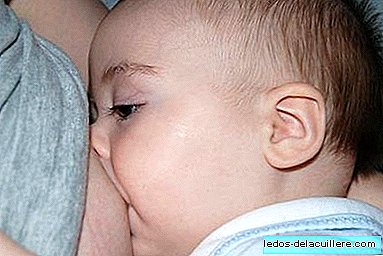
There are many components of breastfeeding that are known and many that are unknown or whose benefits are unknown. This means that, despite having a lot of information related to human milk, there is still much to explore and find out and possible surprises like the one we read these days in the press: breast milk could be effective in the fight against cancer.
This hypothesis has been considered for years and it is now when some results obtained with people begin to be made public.
The finding dates back to 1992, when Catharina Svanborg, an immunologist at Lund University in Sweden, who worked with a graduate student, observed, casually, how isolated cancer cells decreased when they came into contact with human milk, being destroyed
Hamlet
From that moment they began to look for the mechanism that produced the destruction of the cells and the component of the milk that caused it. In 1995, they observed that by modifying the alpha-lactoalbumin in breast milk, it was possible to induce the death of tumor cells.
This complex was called HAMLET (Human Alpha-lactalbumin Made Lethal to Tumor cells). The investigation continued. They did not have the appropriate means although as the years went by large multinationals began to arrive willing to invest in these investigations.
It is now when, studying the effects of HAMLET in humans, some results obtained begin to be published. In patients with bladder cancer, for example, it has been observed that they have eliminated dead cancer cells in the urine after each treatment.
At the laboratory level, HAMLET has proven effective against 40 different types of cancer, which has motivated researchers to plan to study the effect of the compound on skin cancer, tumors in the mucous membranes and brain tumors.
Can drinking breast milk cure cancer?

This is the big question that is generated by reading this news and the answer is no. HAMLET is a substance that is achieved by modifying in the laboratory the alpha-lactoalbumin of breast milk. Without this modification, the effect of destruction of cancer cells is not carried out.
The commented study conducted with patients with bladder cancer was done by administering the modified lactoalbumin in a concentration more than ten times higher than as it could be found in breast milk, by direct injection into the same bladder. That is, it is not that they were given a glass of breast milk every eight hours, but that they were given the modified substance, concentrated and through a syringe.
If a cancer patient drinks breast milk it is very unlikely, if not impossible, to be cured. Mal would not do, of course, and perhaps there was some improvement in the general state due to the undeniable beneficial effects of breast milk, but from there to directly eliminate cancer cells there is a stretch.
On the Internet, some cases of people with cancer who have tried treatment with ingested human milk can be read for some time, referring good results. Logically, few cases do not set a precedent and do not even serve as proof of anything, since they cannot be compared with similar cases not treated in this way.
Hopefully this discovery opens a new possibility of cure for children and adults with this disease. We will continue pending future investigations in this regard.



